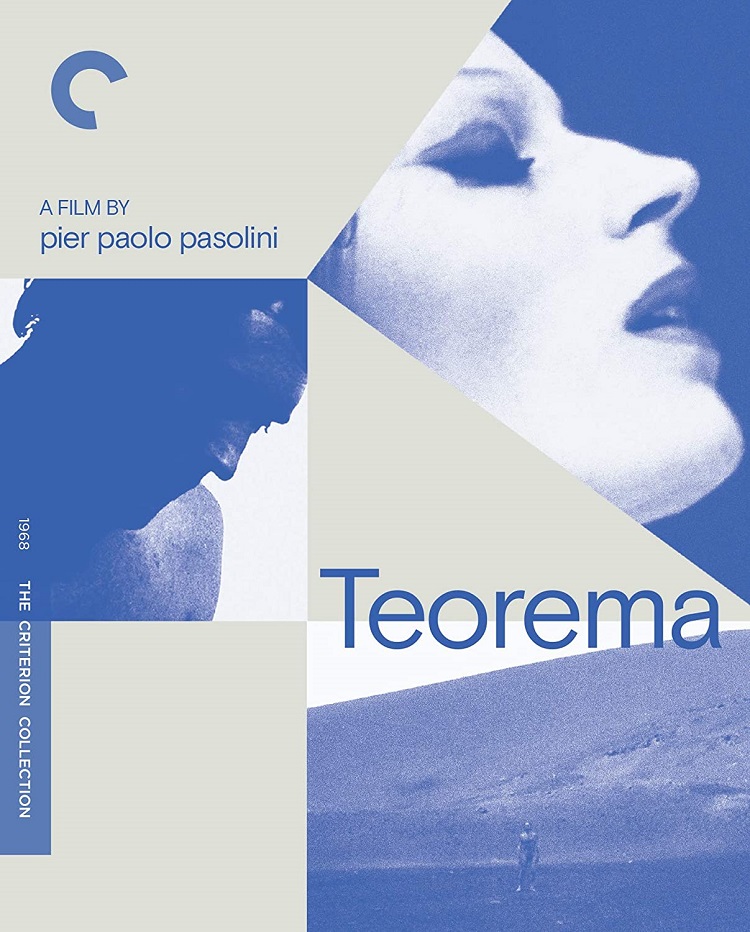
The late director Pier Paolo Pasolini was a very controversial filmmaker to begin with. His often taboo-breaking subject matter didn’t exactly sit well with most critics and audiences, not to mention censorship laws. However, that’s what made him one of the greatest in film history. He did films his way, with provocative themes, such as sex, religion, philosophy, and art, and how they can sometimes coexist in the same surface. His 1968 subversive classic, Teorema, definitely did just that.
The film stars the great Terence Stamp as a handsome, and perplexing figure, known only as “The Guest”, who mysteriously appears in the lives of bourgeois Milanese family. He methodically seduces each member of the family: the extremely religious maid Emilia (Laura Betti), delicate son Pietro (Andres Jose Cruz Soublette), sexually unfulfilled mother Lucia (Silvana Mangano), frigid daughter Odetta (Anne Wiazemsky), and afflicted father Paolo (Massimo Girotti). When he leaves suddenly, their world comes crashing down, and they each experience their own existential breakdown: Odetta becomes catatonic; Pietro leaves and becomes an artist, Lucia has several random sexual encounters; Emilia leaves and goes back to her birth home and becomes a saint; and Paolo strips himself naked (along with his materalism) in a train station, and screams in pain as he walks into the wilderness. Basically, no one leaves unscathed.
The film has next to no dialogue; it’s more based on imagery (poetic or philosophical). It obviously doesn’t provide any easy answers. Is the “The Guest” a form of divine goodness or evil? Was he sent to relieve the family of their excessive wealth and privilege? Where did he come from, and where did he go? You never truly know, and maybe you’re not supposed to. No matter how you interpret it, the film retains its haunting mystery and unquestionable provocation, especially with repeat viewings. Although Teorema was Pasolini’s sixth film, I think that it was his most accessible work. It should be the one that film lovers can come back to in order to get a taste of the style that would define his entire career. Albeit quizzical, it’s definitely the most enlightening and unsettling of all his films.
The great supplements include:
- Audio commentary from 2007 with Robert S.C. Gordon, author of Pasolini: Forms of Subjectivity
- Introduction by Pasolini from 1969
- 2007 interview with Stamp
- New interview with John David Rhodes, author of Stupendous, Miserable City: Pasolini’s Rome
There is also an alterante English-dubbed soundtrack featuring the real voices of Stamp and others, and a wonderful new essay by film scholar James Quandt.
To close this review, I obviously recommend it, because I was struck by how modern it looks. It just seems like a film that could be made today, although it would probably be another Hollywood remake, and not as profound or beautifully symbolic as Pasolini’s masterpiece.